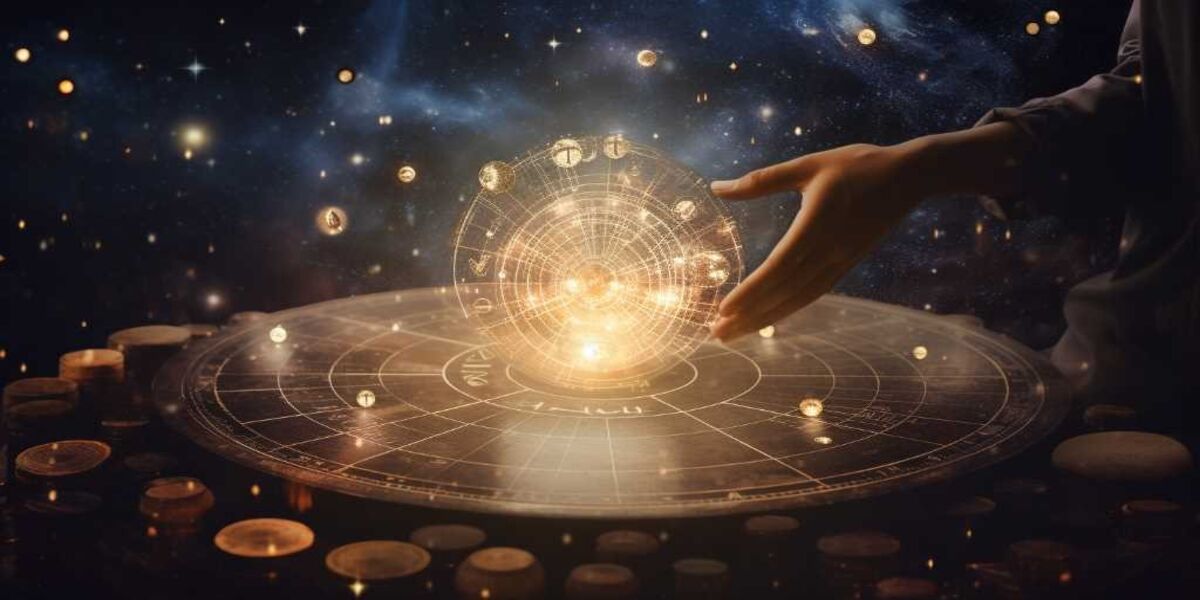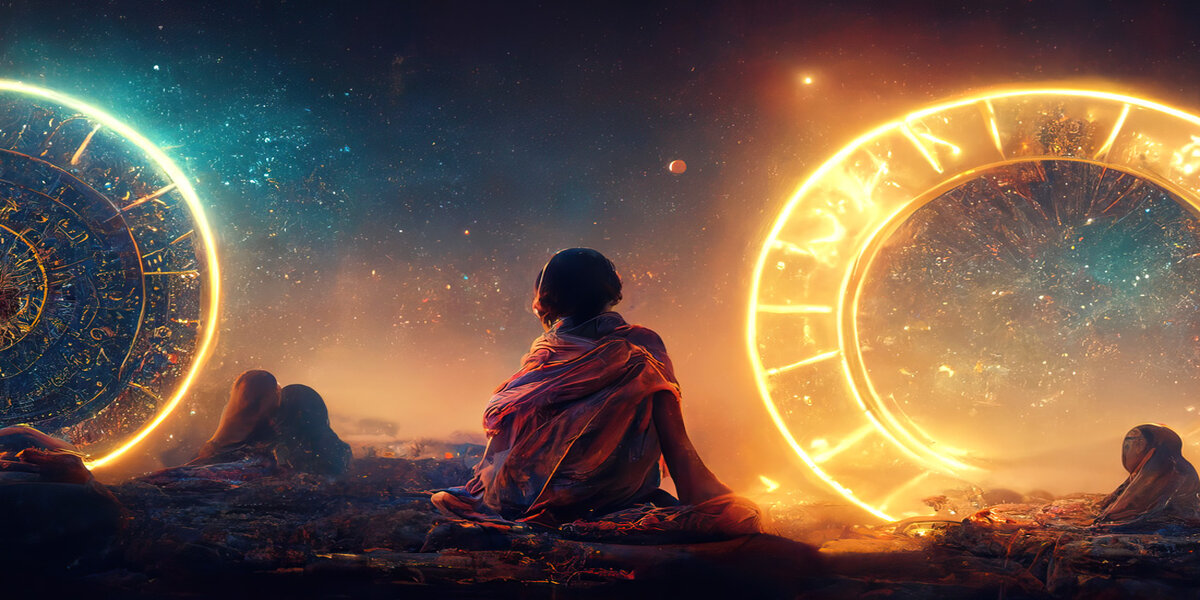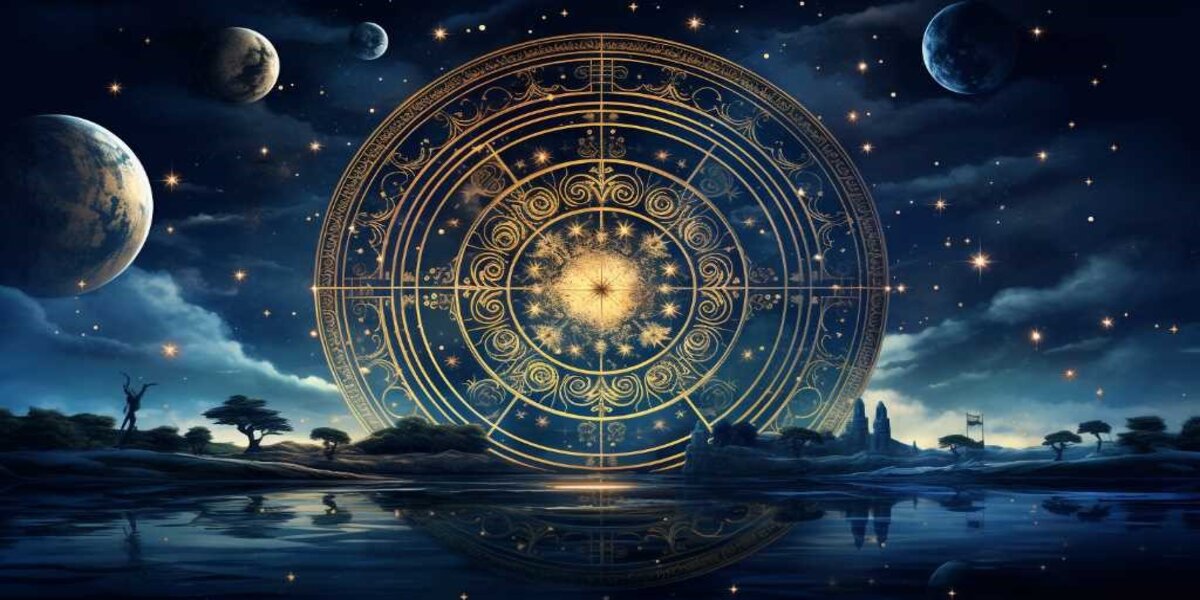Astrology, an ancient practice that has captivated humanity for millennia, is the study of the movements and relative positions of celestial bodies interpreted as having an influence on human affairs and the natural world. While often regarded with skepticism in the modern scientific community, astrology remains a significant cultural phenomenon, deeply embedded in various societies around the world.
This article explores the history, principles, and enduring appeal of astrology, shedding light on why this ancient art continues to thrive in contemporary times.
The Origins of Astrology
Astrology’s roots trace back to the early civilizations of Mesopotamia, around the third millennium BCE, where the Sumerians were among the first to record the movements of the planets and stars.
They believed that these celestial bodies were deities, and their movements were seen as messages from the gods. The Babylonians, who followed the Sumerians, developed the zodiac, a circle of twelve 30° divisions of celestial longitude, which forms the basis of what we now know as horoscopic astrology.
The practice spread to Egypt, Greece, and Rome, where it was further refined. The Greeks, in particular, made significant contributions to astrology, with scholars like Ptolemy codifying astrological principles in his influential work, the Tetrabiblos. This text laid the foundation for Western astrology and introduced the idea that the positions of the planets at the time of a person’s birth could influence their character and fate.
The Zodiac: The Foundation of Astrology
At the heart of astrology lies the zodiac, a belt of the heavens within about 8° on either side of the ecliptic, encompassing the apparent paths of the sun, moon, and planets. The zodiac is divided into twelve signs, each corresponding to a 30° segment of this belt. These signs are Aries, Taurus, Gemini, Cancer, Leo, Virgo, Libra, Scorpio, Sagittarius, Capricorn, Aquarius, and Pisces.
Each sign is associated with specific traits, behaviors, and characteristics, and astrologers believe that the position of the sun, moon, and planets within these signs at the time of a person’s birth can influence their personality and life path.
For example, those born under the sign of Aries March 21 – April 19 are often described as energetic, pioneering, and assertive, while those born under Pisces February 19 – March 20 are considered empathetic, artistic, and intuitive.
 The Planets and Their Influence
The Planets and Their Influence
In astrology, the planets are considered to have specific influences over various aspects of life. The sun, for example, represents the self, ego, and core identity, while the moon governs emotions, instincts, and the unconscious. Each planet is associated with certain signs and houses, and their positions at the time of birth are thought to shape different areas of a person’s life.
Mercury, the planet closest to the sun, is associated with communication, intellect, and reasoning. Venus, the planet of love and beauty, governs relationships, art, and harmony. Mars, known as the red planet, influences energy, aggression, and desire.
Jupiter, the largest planet, is linked with growth, expansion, and good fortune, while Saturn, often seen as the taskmaster of the zodiac, represents discipline, responsibility, and limitations.
Uranus, Neptune, and Pluto, often referred to as the outer planets, are believed to have more subtle but profound influences, associated with generational changes and deep transformation. Uranus is connected to innovation and rebellion, Neptune to dreams and spirituality, and Pluto to power and transformation.
Astrology in Different Cultures
Astrology is not a monolithic practice; it varies widely across cultures. In India, for instance, Vedic astrology, also known as Jyotish, is deeply intertwined with Hinduism and is used to guide decisions about marriage, career, and other important life events.
Vedic astrology places a strong emphasis on the moon and its phases, and the timing of rituals and ceremonies is often determined by astrological calculations.
In China, astrology is based on a twelve-year cycle, with each year represented by an animal sign, such as the Rat, Ox, Tiger, etc. Chinese astrology also incorporates the five elements (wood, fire, earth, metal, and water) and the concept of yin and yang. It is used to predict a person’s fate and to choose auspicious dates for important events.
Western astrology, which has its roots in Hellenistic traditions, focuses on the zodiac and the horoscopic chart, a map of the sky at the moment of a person’s birth.
This chart, also known as a natal chart, is divided into twelve houses, each representing different areas of life, such as relationships, career, and health. The positions of the planets within these houses are interpreted to provide insights into a person’s character and destiny.
 The Appeal of Astrology in Modern Times
The Appeal of Astrology in Modern Times
Despite the rise of science and technology, astrology has not lost its allure. In fact, it has experienced a resurgence in popularity, particularly among younger generations. This renewed interest can be attributed to several factors.
First, in an increasingly uncertain world, astrology offers a sense of comfort and control. By providing a framework for understanding the self and the world, astrology helps people make sense of their experiences and provides guidance for navigating life’s challenges. The idea that the stars can offer insights into one’s life path can be reassuring in times of uncertainty.
Second, astrology is inherently introspective. It encourages individuals to reflect on their personalities, behaviors, and relationships, fostering self-awareness and personal growth. Many people find value in this introspection, regardless of whether they believe in astrology’s predictive power.
Third, astrology has become more accessible than ever. With the advent of the internet and social media, astrological content is readily available, from daily horoscopes to detailed natal chart analyses. This accessibility has made astrology more popular, particularly among those seeking to explore their identities in new and meaningful ways.
Criticism and Controversy
While astrology has many devoted followers, it is not without its critics. The scientific community largely dismisses astrology as a pseudoscience, arguing that there is no empirical evidence to support its claims. Skeptics point out that astrological predictions are often vague and general, making them applicable to a wide range of situations, a phenomenon known as the Barnum effect.
Moreover, the idea that celestial bodies millions of miles away could influence human behavior and events on Earth is seen by many as implausible. Critics argue that astrology relies on confirmation bias, where individuals interpret astrological information in a way that confirms their preexisting beliefs and expectations.
Despite these criticisms, astrology remains popular, suggesting that its appeal lies more in its symbolic and psychological value than in its scientific validity. For many, astrology is less about predicting the future and more about understanding the self and finding meaning in life’s experiences.
Conclusion
Astrology, with its rich history and cultural significance, continues to captivate people around the world. Whether seen as a tool for self-discovery, a guide for decision-making, or simply a source of entertainment, astrology offers a unique perspective on the human experience.
While it may never be universally accepted as a science, its enduring popularity speaks to its ability to resonate with the deeper aspects of our psyche, providing insights and comfort in an ever-changing world. As long as humans look to the stars with wonder and curiosity, astrology will likely remain a fascinating and enduring part of our cultural landscape.





